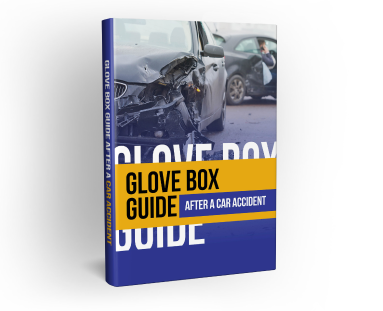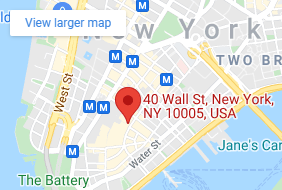Trucking Regulations and Laws in NY
The trucking industry is subject to substantial regulation and oversight at both the state and federal levels. As a result, when commercial trucks are involved in collisions with other vehicles, these truck accident laws and regulations introduce considerable complexity into the process of holding the responsible parties accountable.
Federal Motor Carrier Safety Administration Laws
The Federal Motor Carrier Safety Administration (FMCSA) is a national agency that sets many safety rules for trucking companies and truck drivers. Among other things, the FMCSA’s hours of service rules regulate how much time truckers can spend behind the wheel without a break. The FMCSA also regulates drug and alcohol testing for truck drivers. After an accident, it’s crucial to see if the truck driver, trucking company, or another party broke any FMCSA regulations that may apply, as any violation of these rules could indicate fault for the crash.
Driver Qualification Laws and Requirements
Anyone driving a commercial truck in New York must have a valid commercial driver’s license (CDL). These licenses help prevent accidents by ensuring drivers have the necessary skills and training to safely handle these large, dangerous vehicles. The requirements for a CDL in New York include:
- Having a valid New York driver’s license or valid CDL from another state
- Applying for and holding a commercial learner’s permit
- Passing a road skills test
Size and Weight Restrictions
New York City has specific size and weight limits for commercial trucks. Anyone wishing to drive a truck that exceeds these limits must apply for a special permit from the city. Size and weight limits for commercial trucks in New York include:
- A maximum length of 35 feet (from bumper to bumper) for all single-unit trucks
- A maximum length of 55 feet (from bumper to bumper) for all multi-unit trucks
- A maximum height of 13 feet, 6 inches
- A maximum width of 8 feet
- No more than 22,400 pounds on any individual axle
- No more than 36,000 pounds on two axles less than 10 feet apart
Vehicle Maintenance and Inspection Regulations
The FMCSA has strict rules regarding truck maintenance and inspections. For example, FMCSA regulations state that a qualified inspector must inspect every vehicle in a commercial fleet once every 12 months. Additional rules say that trucking companies must inspect, repair, and maintain all vehicles they control. This trucking law helps prevent accidents by making sure trucks are in good working order on the roads. Ignoring these rules puts everyone in danger and increases the risk of accidents.
New York Vicarious Liability Law
New York’s vicarious liability law makes employers liable for the actions of their drivers, even in many cases where the driver was not acting on their employer’s behalf. This law helps injured drivers and passengers hold trucking companies accountable for the negligent actions of their workforce.
New York City Insurance Requirements
New York operates on a no-fault car insurance system. However, if your truck accident injuries exceed your coverage limits, you can file a claim against the truck driver or their insurance company. These claims allow you to seek additional compensation and recover the necessary resources to care for yourself in the weeks and months following a collision.
Contact Our New York Truck Accident Attorneys for Help
The New York City truck injury lawyers at Finz & Finz, P.C., have a comprehensive understanding of local and federal truck accident laws and how they apply in cases like yours. If you suffered injuries due to a truck driver’s negligent or careless actions, contact us today for a free case evaluation.




























